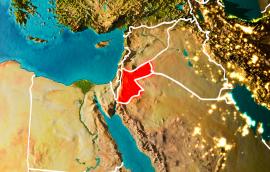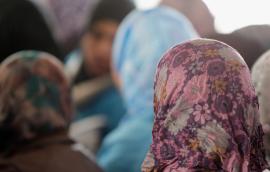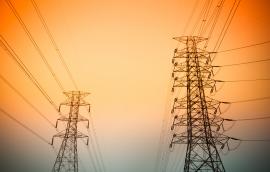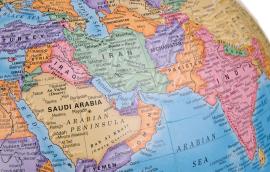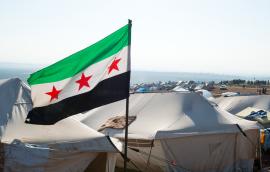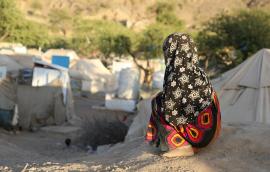Edward P. Djerejian Center for the Middle East | Women’s Rights, Human Rights, and Refugees | Report
Women’s Political Representation and the Advancement of Women’s Political Rights in the Arab World: The Case of Jordan Despite the fact that the political and social stagnation across the Middle East and North Africa region in the past few decades has led to deteriorating levels of women’s overall participation in the political process, since the Arab Awakening, women across the region are demanding greater roles in the political arena and defying decades of marginalization in the decision-making process. Nonetheless, numerous institutional, cultural and structural obstacles must be directly addressed and remedied to give women in the region the opportunity to participate actively and equitably in the political sphere. This policy report focuses on Jordan, one of the region’s leading models for women’s political representation.
July 14, 2014
